| CAS NO | 7664-41-7 |
| UN NO | 1005 |
| EINECS NO | 231-635-3 |
| Molecular weight | 17.04 |
| Appearance | Colorless, Strong pungent odor |
| Melting point | -77.7 ℃ |
| Boiling point | -33.5 ℃ |
| Density | 0.73 kg/m³ |
| DOT Class | 2.3 & 8 |
| Label | Flammable Gas, Corrosives |
Ammonia is a colorless gas with a strong pungent odor and is corrosive. Ammonia is an important chemical raw material. In order to facilitate transportation and storage, liquid ammonia is usually obtained by pressurizing or cooling gaseous ammonia.
Ammonia gas, a versatile chemical compound, plays a crucial role in various industrial applications, including refrigeration, fertilizer production (such as urea), semiconductor manufacturing, and the metallurgical industry. Its diverse uses bring about numerous benefits in each context:
Role: Ammonia gas serves as an efficient and environmentally friendly refrigerant in industrial refrigeration systems.
Benefits: It has excellent thermodynamic properties, providing effective cooling while minimizing environmental impact compared to some traditional refrigerants with higher global warming potential.
Role: Ammonia gas is a key component in the synthesis of urea, a widely used nitrogen fertilizer.
Benefits: Urea production from ammonia enables the efficient and controlled release of nitrogen to enhance crop yield and promote plant growth, contributing to agricultural productivity.
Role: Ammonia gas is employed in the production of high-purity nitrogen and as a cleaning agent in semiconductor manufacturing processes.
Benefits: Its high reactivity and purity make ammonia suitable for critical applications in semiconductor fabrication, ensuring the quality and reliability of electronic components.
Role: Ammonia finds application in the metallurgical industry for processes such as nitriding and heat treatment of metals.
Benefits: Ammonia gas's ability to provide a controlled atmosphere in metallurgical processes enhances the hardness and durability of metal products, contributing to improved material properties.
In summary, ammonia's diverse applications underscore its significance in various industrial sectors. From facilitating efficient refrigeration to being a cornerstone in fertilizer production, semiconductor manufacturing, and metallurgical processes, ammonia plays a pivotal role in promoting sustainability, productivity, and technological advancement across multiple industries. If you want to buy ammonia gas, please contact us and Taiyu will provide you with the most suitable price.

Refrigerant gas

Production of nitric acid, urea and other chemical fertilizers

Widely used in semiconductor industry, metallurgical industry
99.8% NH3, Industrial Grade
| Specification | 99.8% |
| Residue | ≤ 0.2% |
99.999% NH3, Electronic Grade
| Specification | 99.999% |
| Oxygen | ≤ 2 ppm |
| Nitrogen | ≤ 5 ppm |
| Methane | ≤ 1 ppm |
| Carbon Monoxide | ≤ 1 ppm |
| Moisture | ≤ 5 ppm |
*Other Grades and Purity Available on Asking
Package Information
| Cylinder Specifications | Contents | |
| Cylinder Capacity | Valve | Weight |
| 47L | DISS 720 | 20 kgs |
| 100L | QF-10 | 50 kgs |
| 800L | QF-10 | 400 kgs |
| 930L | DISS 720 | 480 kgs |
| ISO TANK | 12 Tons | |
*Other Packages Available on Asking
Loading Reference
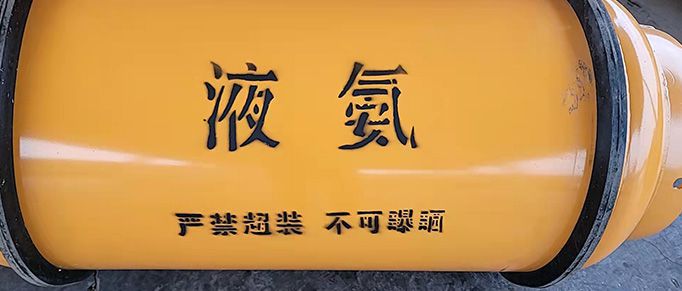
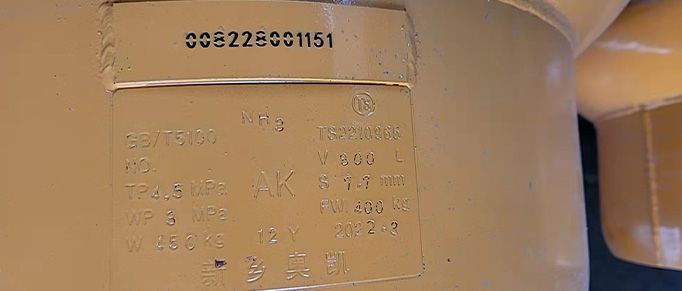
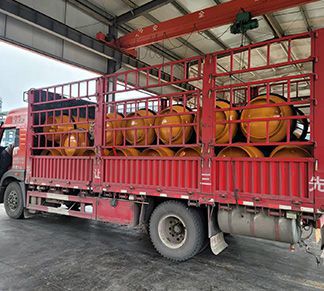
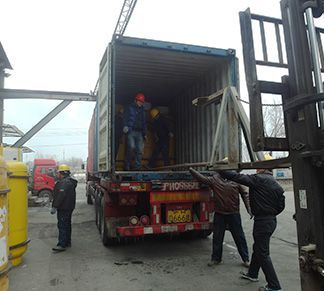
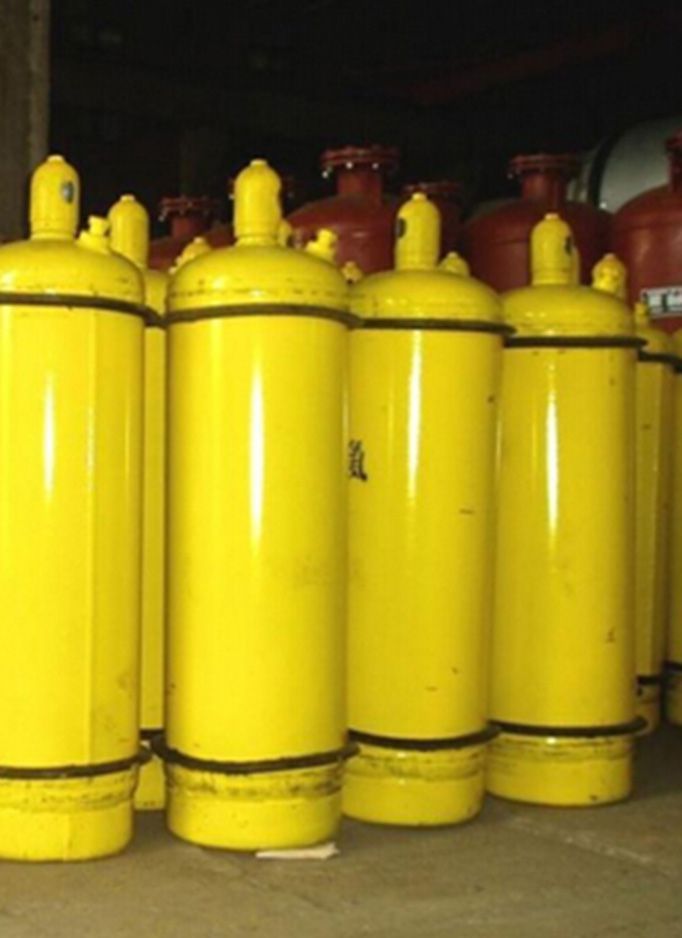
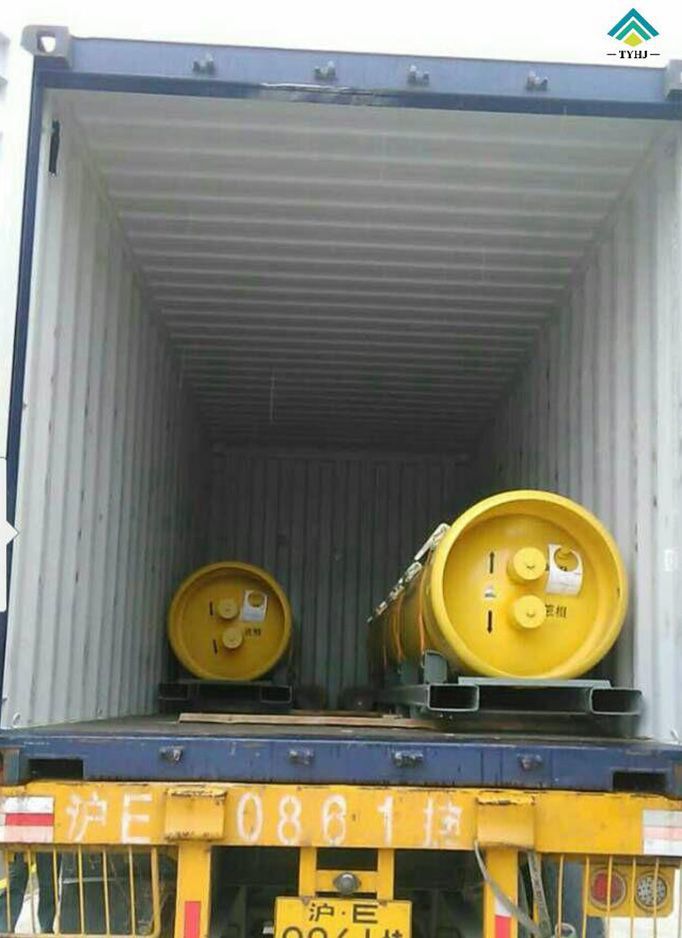
Advantanges
More than fifteen years on the market ;
ISO certificate manufacturer & Stable raw material source;
On-line analysis system for gas quality control in every step, highly close to 100% pass rate;
Experienced DG International Shipping Team by sea & air.